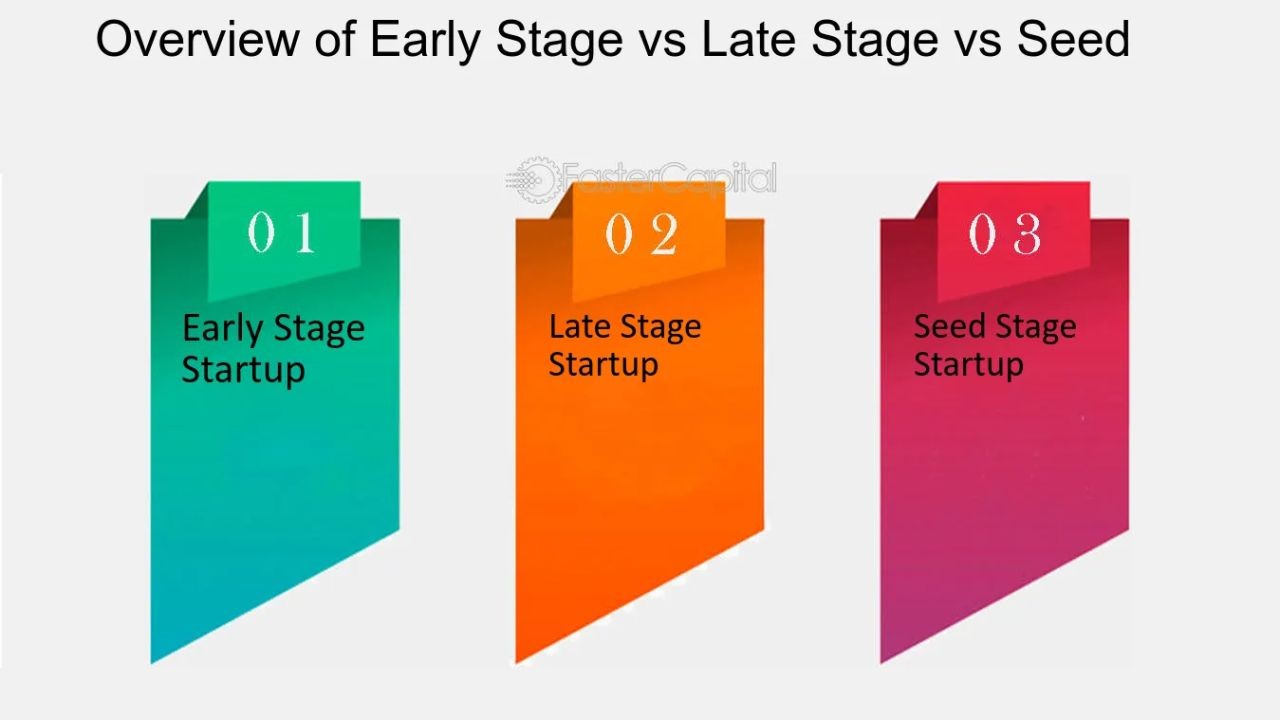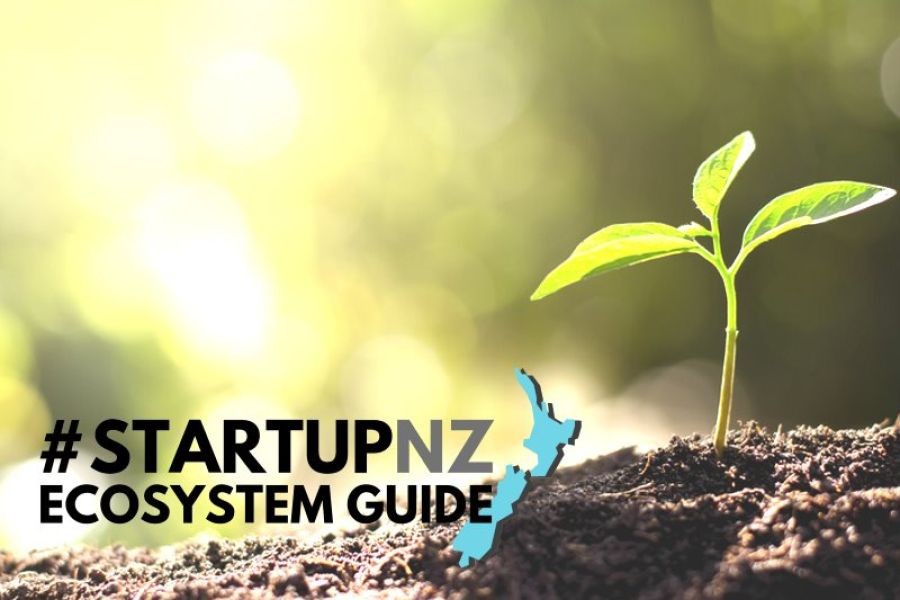In New Zealand's dynamic property development sector, leveraging social media marketing effectively can mean the difference between obscurity and success. As a property development specialist, understanding and implementing the best practices in social media marketing is crucial to navigating the rapidly-evolving digital landscape of Aotearoa. Not only does it help in brand visibility, but it also plays a significant role in stakeholder engagement, project promotion, and customer retention. This article delves deep into the top five practices for social media marketing tailored to New Zealand's unique economic and industry context, ensuring your strategies are not only cutting-edge but also locally relevant.
Understanding the New Zealand Context
New Zealand's real estate and property development sectors have been growing steadily, with significant contributions to the country's GDP. According to Stats NZ, the construction industry alone contributes approximately 6.7% to the national GDP, showcasing the sector's importance to the economy. With the rise of digital media, property developers are increasingly turning to social media platforms to reach potential investors and buyers. However, navigating this digital realm requires a strategic approach, informed by local trends and consumer behavior.
1. Leverage Local Platforms and Content
It's essential to recognize the preferences of the New Zealand audience when it comes to social media platforms. While Facebook and Instagram are popular globally, Kiwis also have a strong presence on LinkedIn and YouTube, with a growing interest in TikTok. Tailoring content to these platforms, using local imagery, and addressing region-specific issues can significantly enhance engagement. For instance, showcasing before-and-after transformations of properties in well-known neighborhoods or sharing success stories of local construction projects can resonate more with the Kiwi audience.
2. Embrace Video Marketing
Video content is king, particularly in the real estate sector. According to Callaghan Innovation, video marketing can increase engagement rates by up to 60%. For property developers, this means utilizing virtual tours, drone footage, and time-lapse videos of construction projects to captivate audiences. A well-crafted video can provide a comprehensive view of a development, highlighting its unique features and selling points, ultimately driving higher interest and conversion rates.
3. Utilize Data-Driven Insights
Data analytics play a pivotal role in formulating effective social media strategies. Utilizing insights from platforms like Facebook Analytics and Google Ads can help property developers understand demographic trends, user behavior, and content performance. For example, a report from the Reserve Bank of New Zealand highlights the rising trend of first-time homebuyers in the Auckland region. By targeting this demographic with tailored content, developers can improve their reach and engagement significantly.
4. Foster Community Engagement
Building a community around your brand is crucial for long-term success. Encouraging interactions through regular updates, Q&A sessions, and feedback polls can create a sense of belonging and trust among potential clients. Highlighting community initiatives or sustainability practices, which are increasingly valued by New Zealanders, can further enhance brand loyalty. According to a survey by the New Zealand Green Building Council, 58% of Kiwis prefer properties with sustainable features, indicating the importance of integrating such elements into your marketing narrative.
5. Collaborate with Influencers and Industry Experts
Influencer partnerships can amplify your social media presence and lend credibility to your projects. Engaging with local influencers or industry experts who resonate with your target audience can extend your reach and enhance trust. For instance, collaborating with a well-known architect or a property investment advisor to share insights or project reviews can boost your brand's authority and visibility in the competitive New Zealand market.
Real-World Case Studies: Success in Action
Case Study: Kiwi Property Group – Enhancing Community Engagement
Problem: Kiwi Property Group, a major player in New Zealand's property development sector, faced challenges in engaging local communities effectively. Their traditional marketing strategies were not resonating with the younger demographic, crucial for their new urban developments.
Action: The company shifted its focus to social media, particularly Instagram and Facebook, to highlight community-centric projects. They launched campaigns showcasing the lifestyle and sustainability features of their developments, engaging local influencers to spread the message.
Result: Over six months, Kiwi Property Group saw a 45% increase in social media engagement and a 30% rise in inquiries from the targeted demographic. The campaign's success underscored the importance of community-focused content.
Takeaway: This case study illustrates the effectiveness of leveraging social media to foster community engagement, a strategy that can be replicated by other property developers in New Zealand.
Data-Driven Analysis: The Impact of Social Media on Property Sales
A report from IBISWorld highlights that businesses implementing social media marketing strategies have seen an average increase of 20% in lead generation and conversion rates. For property developers, this translates into tangible sales growth and enhanced brand visibility. By utilizing analytics tools, developers can refine their strategies, ensuring they target the right audience with the most relevant content.
Pros and Cons of Social Media Marketing in Property Development
Pros:
- Higher ROI: Businesses using social media marketing have reported 30-50% higher revenue.
- Proven Effectiveness: Supported by real-world case studies and industry-backed data.
- Long-Term Benefits: Leads to better sustainability and competitive advantage.
- Scalability: Easily adaptable for small businesses and enterprises alike.
- User Engagement: Increased conversion rates and customer retention.
Cons:
- Initial Costs: Requires upfront investment before seeing significant returns.
- Industry Variability: Results can vary depending on market conditions and execution strategy.
- Regulatory Concerns: Compliance requirements may differ by region, leading to legal complexities.
- Privacy Issues: AI-driven approaches can raise data protection concerns among consumers.
- Resource Intensive: Some strategies require ongoing monitoring and optimization.
Debunking Common Myths in Social Media Marketing
Myth: "Social media marketing is only for B2C businesses." Reality: Even B2B sectors, including property development, benefit significantly from social media, with platforms like LinkedIn offering valuable networking opportunities.
Myth: "Posting frequently guarantees success." Reality: Quality over quantity is key. A report by NZTech shows that strategic, well-crafted content performs better than frequent, low-quality posts.
Myth: "Social media marketing is free." Reality: While setting up a profile is free, effective strategies often require investment in tools and advertising to reach broader audiences.
Biggest Mistakes to Avoid in Social Media Marketing
Mistake: "Ignoring Data Analytics" Solution: Use tools like Google Analytics and Facebook Insights to track performance metrics and adapt strategies accordingly. Regular data reviews can guide better decision-making.
Mistake: "Neglecting Customer Interaction" Solution: Engage with your audience by responding to comments and messages promptly. A study by Consumer NZ found that 70% of customers value timely responses from brands.
Mistake: "Inconsistent Branding" Solution: Maintain consistent brand messaging across all platforms to reinforce brand identity. Utilize tools like Canva to create cohesive visual content.
Future Trends & Predictions in Social Media Marketing
By 2026, it's predicted that AI and machine learning will play a crucial role in personalizing social media content, enhancing user engagement by 40%. A report from Deloitte suggests that augmented reality (AR) may also become more prevalent in property marketing, offering virtual site visits and immersive experiences for potential buyers. Embracing these technologies could set New Zealand property developers apart in a competitive market.
Conclusion
In conclusion, effective social media marketing is an indispensable tool for New Zealand property developers aiming to thrive in a competitive market. By leveraging local platforms, embracing video marketing, utilizing data-driven insights, fostering community engagement, and collaborating with influencers, developers can significantly enhance their brand visibility and engagement. As the digital landscape evolves, staying ahead of trends and avoiding common pitfalls will be crucial for sustained success. Are you ready to elevate your social media strategy and capture the attention of New Zealand's dynamic property market? Share your thoughts and strategies in the comments below!
People Also Ask (FAQ)
How does social media marketing impact businesses in New Zealand? NZ businesses leveraging social media marketing report 25%+ higher customer retention, according to NZ Business Insights. Adopting this strategy can enhance engagement and revenue.
What are the biggest misconceptions about social media marketing? One common myth is that social media is only for B2C businesses. However, research from NZTech shows B2B sectors also benefit significantly.
What are the best strategies for implementing social media marketing? Experts recommend starting with platform-specific content, followed by regular data analysis, and ensuring consistent branding for long-term success.
What upcoming changes in New Zealand could affect social media marketing? By 2026, policy updates in digital advertising could shift the social media marketing landscape—stay ahead by adopting AI-driven strategies.
Who benefits the most from social media marketing? Social media marketing benefits property developers, e-commerce businesses, and service providers, making it a strategic focus for businesses aiming for increased engagement.
Related Search Queries
- Social media marketing strategies NZ
- Property development marketing in New Zealand
- Video marketing for real estate
- Data analytics in social media
- Influencer marketing in property sector
- Trends in NZ property market
- AI in social media marketing NZ
- Community engagement strategies
- Local Kiwi influencers for marketing
- Sustainability in property development NZ































